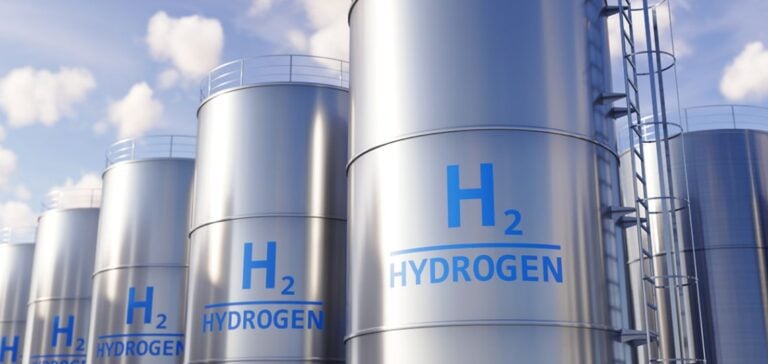Germany is strengthening its energy engagement in Africa with an allocation of 150 billion euros through the Global Gateway initiative. This partnership places green hydrogen at the forefront, addressing both Europe’s decarbonization needs and the economic aspirations of African countries. The 2025 Africa policy report emphasizes an integrated approach, combining funding, infrastructure, and industrial partnerships.
Green Hydrogen: A Key Resource for Germany
Germany is looking to Africa to meet its growing needs for green hydrogen, produced using renewable resources like solar and wind. According to the report, “a successful energy transition in Germany and Europe depends on massive imports of green hydrogen and critical raw materials from Africa.”
For Africa, this partnership offers an opportunity to move from raw material exports to local industrialization, developing value chains capable of meeting regional and international needs.
Global Gateway: A Strategic Financial Lever
With 150 billion euros mobilized, Global Gateway finances structural projects to produce, transport, and store green hydrogen in Africa. A significant portion of the funds will also be allocated to:
– Training local skills.
– Creating modern and sustainable infrastructure.
– Strengthening regulatory frameworks to align African standards with European ones.
These investments aim to ensure the economic and environmental viability of projects while attracting private partners to amplify the financial impact.
International Competition: The Shadow of China
China’s presence in Africa, particularly in the energy and industrial sectors, represents a strategic challenge for Germany. Beijing has established significant influence through rapid financing, often without the sustainability constraints imposed by European institutions.
The report emphasizes that “transparent partnerships aligned with African priorities are essential to offering a credible alternative to Chinese investments.” Germany seeks to differentiate itself by focusing on high-value projects based on mutual long-term benefits.
Challenges and Perspectives
Despite the ambitions displayed, several challenges must be addressed to realize this partnership:
– Lack of Infrastructure: Many African countries have limited capacity to produce and export hydrogen.
– Regulatory Harmonization: The absence of common regulatory frameworks slows market integration between Africa and Europe.
– Benefit Sharing: Investments must ensure that local populations directly benefit from the economic and social spillovers.
To overcome these obstacles, Germany proposes a collaborative approach with African governments and regional institutions, such as the African Union, to ensure the effective implementation of projects.
A High-Potential Partnership
This energy partnership between Germany and Africa aims to transform economic relations between the two continents. By placing green hydrogen at the center of their priorities, the two partners seek to address global energy needs while supporting Africa’s industrial development. The results will depend on the ability to overcome structural challenges and ensure strategic alignment of interests.






















